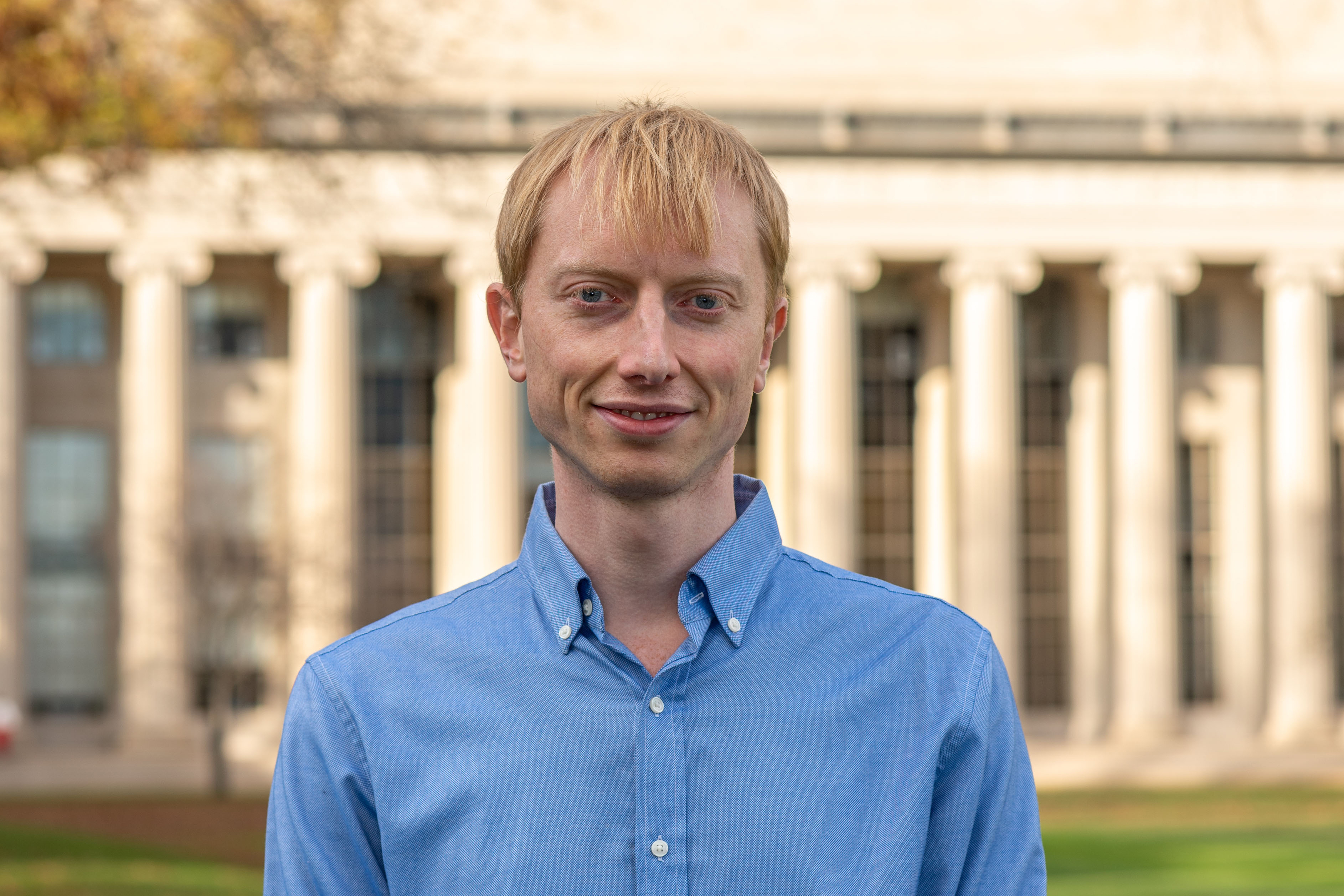
[ad_1]

Anders Sejr Hansen, assistant professor of biological engineering at MIT, has been named a Pew-Stewart Scholar for Cancer Research for 2021. The Pew-Stewart Scholars Program for Cancer Research is a national initiative designed to support promising early-career scientists whose research will accelerate discovery and advance progress toward a cure for cancer.
The Hansen Lab will investigate how genetic elements, known as enhancers, control the expression of genes in cancer. Notably, enhancers can be quite far away from the genes they control. For example, the enhancers that regulate c-Myc, a gene commonly expressed in high levels in cancer, are amplified in lung and endometrial cancers. However, it is not well understood how having more copies of the enhancer drives the uptick in c-Myc expression.
Using a combination of single-molecule and super-resolution live-cell imaging methods and gene-editing tools, the lab will examine how long-range DNA loops are formed to promote functional interactions between enhancers and their target genes and how that drives their gene expression. This work will provide visual and real-time confirmation on how enhancers communicate with faraway genes and ultimately identify new therapeutic approaches to treat cancers driven by the overexpression of c-Myc.
“We are thrilled to receive this reward and honored to become a part of the Pew-Stewart Scholars in Cancer Research Program” says Hansen. “With the support of the Pew-Stewart Program, we will develop new super-resolution microscopy techniques to follow how enhancers communicate with oncogenes inside living cells at unprecedented spatiotemporal precision. Ultimately, we hope to use this new platform to understand the molecular mechanisms, and to identify molecular Achilles’ heels that we can target therapeutically in cancer”
Hansen joined MIT as an assistant professor in the Department of Biological Engineering in early 2020. He obtained his undergraduate and master’s degrees in chemistry at Oxford University in 2010 and received his PhD in chemistry and chemical biology from Harvard University in 2015. He worked with Erin O’Shea, applying systems biology approaches to understand how cells can encode and transmit information in the dynamics of transcription factor activation. For his postdoc at the University of California at Berkeley with Robert Tjian and Xavier Darzacq, Anders developed new imaging approaches for dissecting the dynamics of 3D genome organization with single-molecule resolution in living cells.
In line with The Alexander and Margaret Stewart Trust’s mission to invest in innovative, cutting-edge cancer research that may accelerate and advance progress toward a cure for cancer, applications are from nominees conducting cancer research. The Pew-Stewart Scholars Program for Cancer Research is distinct from the Pew Scholars Program. It follows a different but parallel set of guidelines and procedures for nominating an applicant whose research is related to cancer. The award provides $300,000 in flexible support — $75,000 per year for four years.
Earlier this year, Anders was also awarded a grant from The G. Harold and Leila Y. Mathers Charitable Foundation to recognize innovative translational research.
[ad_2]
Source link